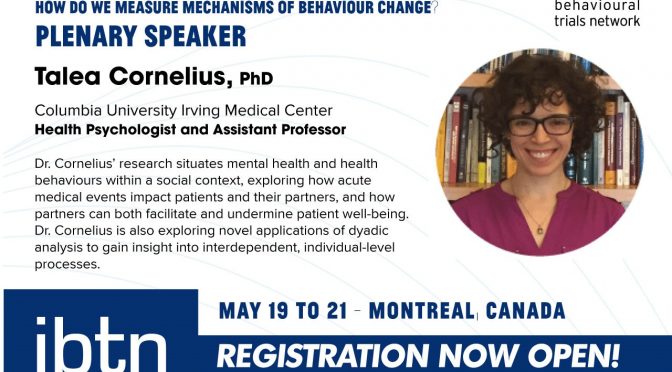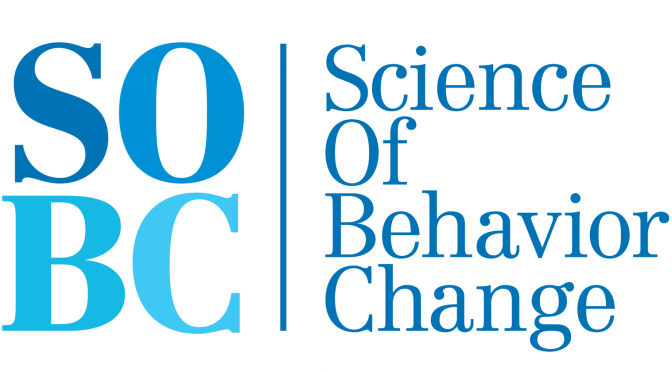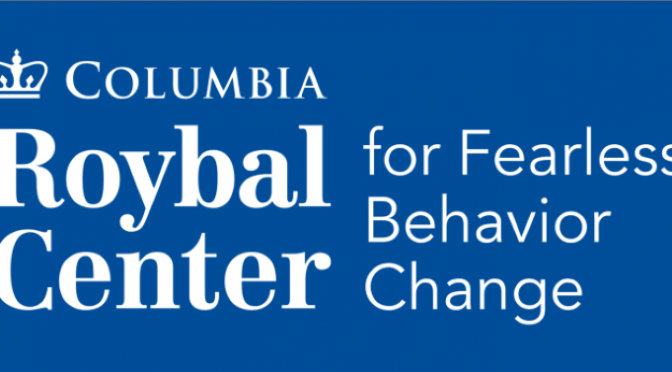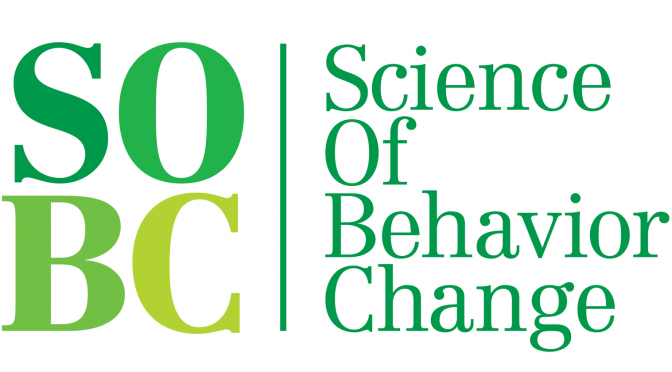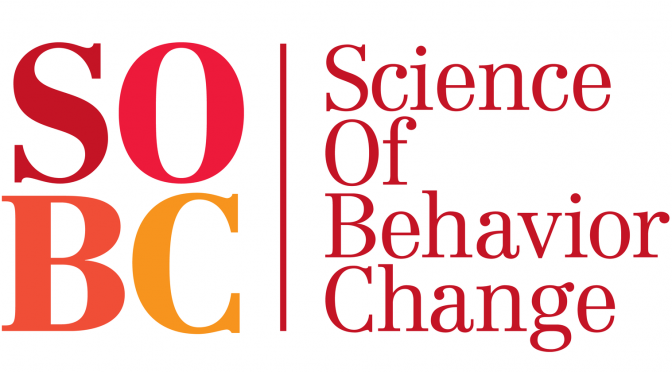Special Issue Title: Cognitive Behavioral Treatment Development: An Experimental Therapeutics Focus on Novel Mechanistic Targets
Special Issue Guest Editors: Michael W. Otto, PhD and Jeffrey L. Birk, PhD
The core of the National Institutes of Health (NIH) experimental therapeutics approach is a focus on specifying and then rigorously testing potential mechanisms by which treatments may exert their beneficial effects. The purpose of this special issue for Behavior Therapy is to put a direct focus on the “pipeline” of potential mechanistic targets for behavior change by presenting a series of empirical papers on novel mechanistic variables. We encourage submitted papers that investigate mechanistic variables in research reflecting an early stage of intervention development prior to clinical trial testing. This special issue highlights research that follows the recommended NIH Science of Behavior Change (SOBC) developmental format of: (1) identifying hypothesized mechanisms of behavior change, (2) utilizing reliable measures of those mechanisms, (3) conducting experiments to influence those mechanisms, and/or (4) testing whether influencing a hypothesized mechanism indeed yields behavior change (see Nielson et al., 2018, BRAT; Riddle et al., 2015, Translational Behavioral Medicine). For the series, we are interested in empirical articles offering elements #1, #2, and/or #3 that present new data showing the identification of novel mechanistic factors that may underlie behavior change, as relevant to psychopathology or negative health behaviors. Relevant to element #1, identification of novel mechanistic targets often starts by showing associations with psychopathology cross-sectionally and longitudinally. The focus will be on papers that span the range between basic science and initial intervention development.
This special issue is particularly interested in studies that include diverse and representative samples and/or that explicitly address issues of race, ethnicity, and culture.
* Deadline for article proposals/letter of intent: December 3, 2021. Please submit article proposals/letters of intent by email directly to SOBC’s Project Coordinator, Deanna Lewis, at djl2185@cumc.columbia.edu.
Timeline
Deadline for article proposals/letter of intent: December 3, 2021
Deadline for submission of full papers: February 10, 2022
